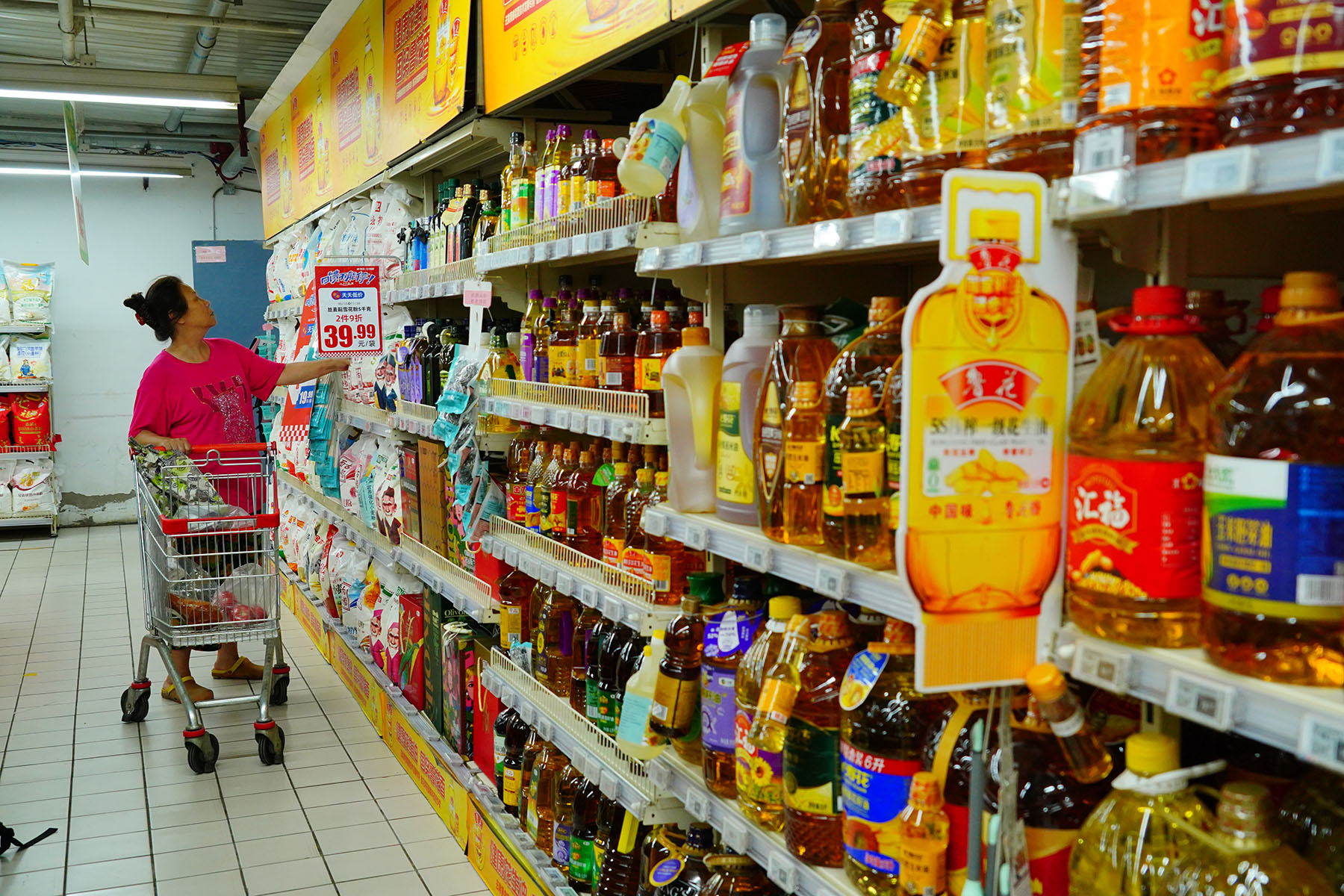
China should put in place mandatory standards for edible oil transport, experts said on Thursday amid rising food safety concerns among consumers.
Several edible oil companies have reassured consumers of the safe transportation of edible oils following reports in Beijing News last week that stockpilers, including Sanhe Hopefull Grain and Oil Group and China Grain Reserves Group, or Sinograin, had transported cooking oils in the same tankers that they had previously used for delivering liquid fuels produced from coal.
China should step up efforts to introduce mandatory standards for edible oil transport and stipulate dedicated vehicles for cooking oil, said Liu Yanyan, a partner and lawyer at Grandall Law Firm (Shanghai).
READ MORE: Sinograin eyes high-tech to ensure food supply
" … (additionally) the country can learn from the United States in improving food recall processes and regulatory oversight, such as punitive compensation mechanisms," Liu said.
Mandatory standards are essential guidelines for corporate compliance and government supervision.
In terms of the bulk transport of edible vegetable oils, China currently has only one non-mandatory standard, which stipulates that bulk edible vegetable oils should be transported using dedicated tankers.
Yang Xin, an assistant researcher at the Rural Development Institute of the Chinese Academy of Social Sciences, said: "The reason why it is a non-mandatory or recommended standard is because China's food transport industry chain is still in an early stage of development with free competition, including nonspecialized transport fleets."
As China's food industry is vast in scale, complex in variety, and involves countless industry chains and division of labor, Yang said the supervisory power of society, including associations, media and consumers, can be fully utilized to supervise the food safety sector.
He said the country could learn from Europe and establish an incentive mechanism to encourage social forces to actively oversee the food sector.
Amid rising safety concerns, Xiwang Food, the country's biggest producer of corn germ oil, said that bulk oil makes up only a small portion of its business, and these products are transported using specialized tanker trucks.
Packaged corn seed oil, its main business, is transported using vans rather than tanker trucks, the company said, adding that it has strict regulations on edible oil transport.
ALSO READ: China sees stable price growth as economic recovery continues
Shandong Luhua Group, one of the largest domestic edible oil manufacturers, said the company has strict food risk prevention and control measures throughout the entire supply chain, including transport, and it uses its own specialized tanker trucks for transporting edible oils.
The company said that the interior and exterior walls of these dedicated tankers are thoroughly cleaned and dried before loading any products. Each tanker is subsequently inspected and sealed individually. Oil products are also sampled and tested, with any that fail to meet quality standards being rejected.
On Wednesday, sales of some imported edible oils on e-commerce platforms surged. On e-commerce marketplace Taobao, more than 300 consumers bought a 5-liter canola oil of a Canadian edible oil brand within 24 hours.


